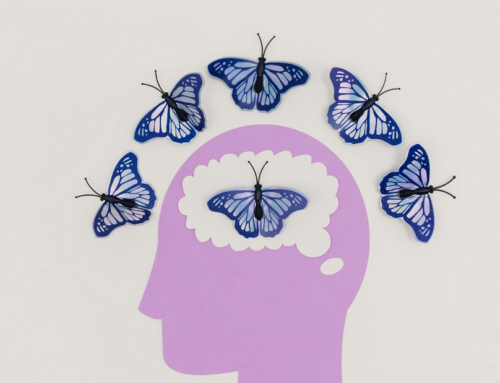Anxiety is one of the most common mental health disorders across the United States today. The number of impacted individuals has skyrocketed since the pandemic and only continues to climb as individuals transition back into the workforce and back to school in person. Transition is tough, no matter what age you are!
However, teenagers are specifically prone to suffering from anxiety as they are just being exposed to new social situations and discovering who they truly are. As a parent, it can be difficult to help your teen manage anxiety and stress if it is not something you are familiar with. In this article, we will explore six anxiety stressors in teens and how you as a parent can help support them.
#1 – School and Academic Success
One of the most common anxiety stressors that teens experience is a result of school and academic pressure. Teenagers operate in a highly competitive environment, due to social media, friendship pressures, and fear of the future.
Specifically, teenagers who are planning to graduate high school and go on to pursue higher education or start a career right away might feel increased anxiety versus younger children. Be sure to support your child by reassuring them that the future is never promised, but you will always be there as a helping hand to guide them through.
#2 – Friendships and Relationships
Friendships and relationships can also be a trigger for anxiety in teens. Social pressure and the need to fit in can make younger individuals feel overcome with emotion. The same goes for teenagers who are beginning to get involved in romantic relationships. Encourage your teen to branch out and get involved in sports, theater, or other extracurricular activities that interest them. This will help them find their circle and develop new friendships that can transition into young adult life.
#3 – Body Image
Body image can also cause anxiety in teens and young adults. Much of this stress is due to social pressure and feeling lesser than due to an unideal body image. Social media and the rise of remote work can also impact one’s self-esteem and body image. Be sure to encourage your team to practice healthy habits when it comes to talking about their body and when thinking about food.
#4 – Family Situations
Family situations and strained parent-child relationships can also cause anxiety in teens. As a parent, it is easy to feel at fault for these less-than-ideal circumstances. Try to include your teenager in important conversations as often as possible, so that they feel as though they are included, in the know, and have control over their destiny.
#5 – Social Media
The rise of social media has encouraged teens to seek validation from one another in order to feel important and valued. Social media can be a great tool for networking and staying in touch with friends, but it can also be detrimental in terms of anxiety in teens. As a general rule, try to limit the amount of social media exposure your child has daily and monitor their activity so that you can intervene if needed.
#6 – Money and Future
As children transition into young adulthood, they begin to learn the value of a dollar. Many teens will start working and applying for their first jobs so that they can earn a bit of extra cash. However, once they learn the value of a dollar, money can start to be an anxiety trigger for them. Be sure to practice smart financial decisions with your children and teach them to save, invest, and give back.
We hope this article was informative and helpful in understanding anxiety stressors in teens. If your teen is suffering from a mental health disorder, be sure to contact NeuroBehavioral Associates today to get the support your child (and you!) need.






